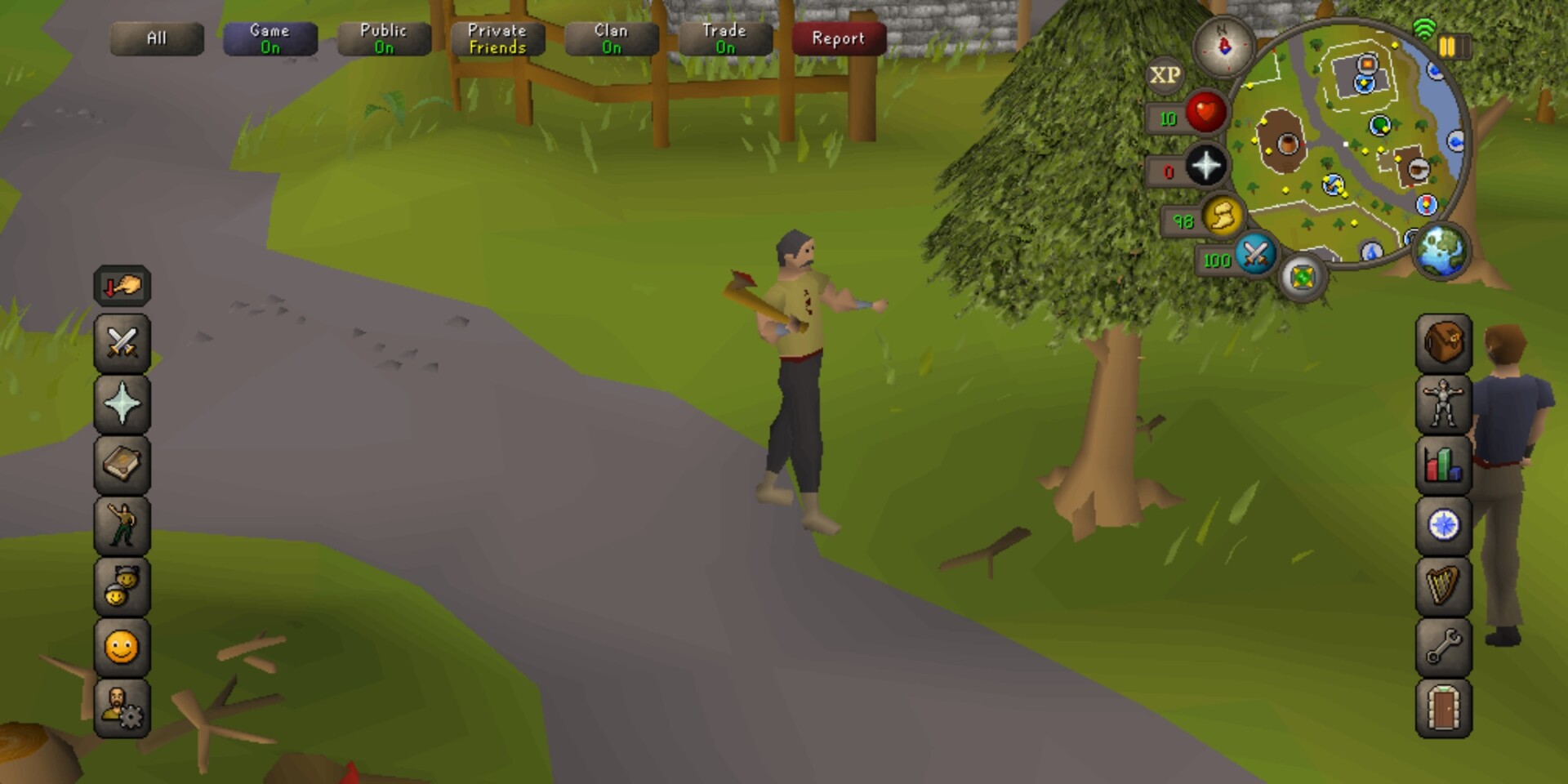
6 Best Ways To Improve Your Game Localization Testing
It should come as no surprise that the great majority of today’s video games appeal to the culture or language of a single nation or region because of game localization testing. These events are appreciated by individuals all over the globe and are launched across the world.
A significant portion of those working in this sector still has limited comprehension of game localization services in their many forms. Although many believe it is done in the end, it is an integral element of the development cycle, much like coding, writing, or designing.
However, as more and more pressure is put on game developers to engage with an international audience, translation is beginning to lose its reputation as an afterthought. This is where the role of Localization Quality Assurance, also known as LQA, comes into play.
The is the process by which each language variant of a title is verified in terms of its assets (dialogue, text, UI, and supporting materials) and where bugs resulting from translation are found, documented, and fixed.
To release a game that all players across the world can enjoy, regardless of the language they speak, and where their immersion is not hindered by a weak adapt to the changing market and gaming culture is what it means to have a successful localization and quality assurance (LQA) system.
Source:
In the article, we will look through the six best ways to improve your game localization. Let’s start!
Table of Contents
1. Ensure That the Context is Clear
Irene Panzeri, content lead at localization studio, which has worked on games like Diablo III and Red Dead Redemption, says that games are frequently translated before they are finished. As a result, any text or speech handed over to the localization studios needs to be accompanied by detailed information about the context used. Thus, the translator will do their job correctly and much faster.
2. Allow Localization to Begin at An Early Stage
It is feasible to alleviate some of the stress associated with the “crunch period” by involving the localization team as early as possible. For example, the localization team collaborated with the production team on earlier stages of the localization process for Assassin’s Creed: Revelations, which made the process smoother.
Suppose you are aware of a specific material that may provide a problem. In that case, the team will be able to plan for it and generate potential solutions to the issue, allowing them to avoid the stressful situation of attempting to deal with it during the crunch period towards the conclusion of the project.
For the video game Assassin’s Creed, the team used cameras that had to move to prevent revealing any nudity that would be considered offensive in some regions. Having the ability to see it so early on in the process is valuable.
If you are late to a project with those problems, there is a possibility that there will not be enough time to address them adequately; as a result, the game’s quality will suffer, and it will incur more costs.
3. Implement a text freeze
Paradox Interactive, the Swedish publisher and creator of Divine Wind and Europa Universalis, establishes and strictly adheres to a cut-off date for making modifications to the in-game text.
This helps the company keep translation expenses under control and the development timeline on track. When the team reaches a particular stage in the process, the text is frozen, and at that time, the text files are delivered to the translators.
4. Take Note of current Events
Current events, history, and shifting cultural values may affect how a game is regarded by its audience. According to Kate Edwards, creator of the game cultural consultant Englobe, current events can affect how gamers respond to video games.
In 1999, the box for Age of Empires featured a Japanese warrior, and Korean shopkeepers refused to put it on the shelves. This was since Japan and Korea conflicted with the Takeshima/Dokdo islands in the Sea of Japan at the time.
5. Translators must Practice Questioning
In-game localization, it is essential to remember that if foreign translation companies don’t come back with queries because they don’t get to view the text in the context of the game, be wary. After all, they don’t get to see the text in the context of the game.
6. Include the Backgrounds Of the Characters
If a translation company has to hire actors to deliver in-game dialogue in a language other than the one in which the game was initially developed, having biographical information about the characters in the game is highly beneficial.
It is crucial to know the characters cast, their ages, appearances, and moods since this allows the localization team to pick an actor who can handle those emotions and accurately depict the character.
Characters in a video game can come in various types, but only a select few will be necessary to the overall story. They go with the player through each step of the story, ideally developing themselves along the way, regardless of their storyline, abilities, or personality.
The more successful their evolution, the more realistic they seem, and the more connected gamer feel to them, the more efficient their progression is. A high level of immersion like this might make it easier for you to go through.
This is of much greater significance because localizing speech is typically more complex than translating text. For example, in comparison to an American accent, what would be the closest thing that the Italian language has to a Welsh accent?
In situations like these, having a concept of who the character is helps teams working on the localization figure out what accent would be most acceptable for an audience listening in a different language.
Wrapping Up
Testing your game’s localization guarantees that multiple language versions of your game’s translations consistently convey the same messages.
For instance, if your game’s primary language has jokes or words that are unique to that language, the people testing your game’s localization will ensure that all translations are accurate. Doing this enables gamers to have a consistent experience when they are playing your game.
Most significantly, if you get additional help from game localization testing, you can ensure that your game will not include any erroneous translations or other associated mistakes. By taking advantage of these game localization services, you may prevent your game from being known for its mistranslations and other errors that are connected to them with their assistance.






